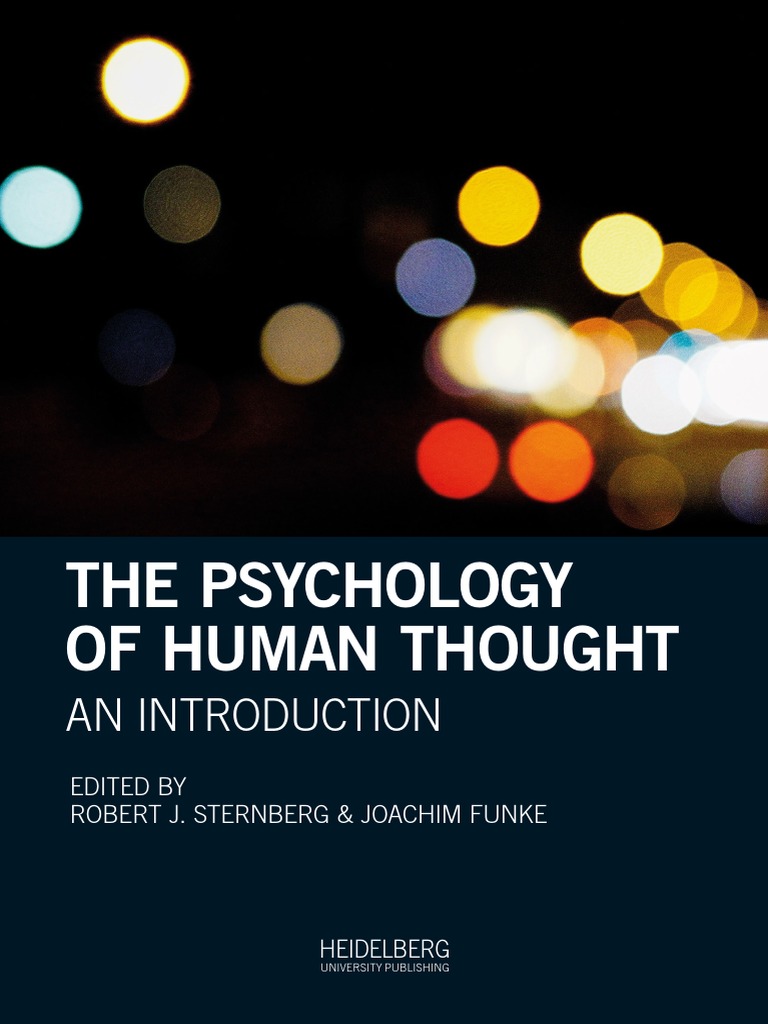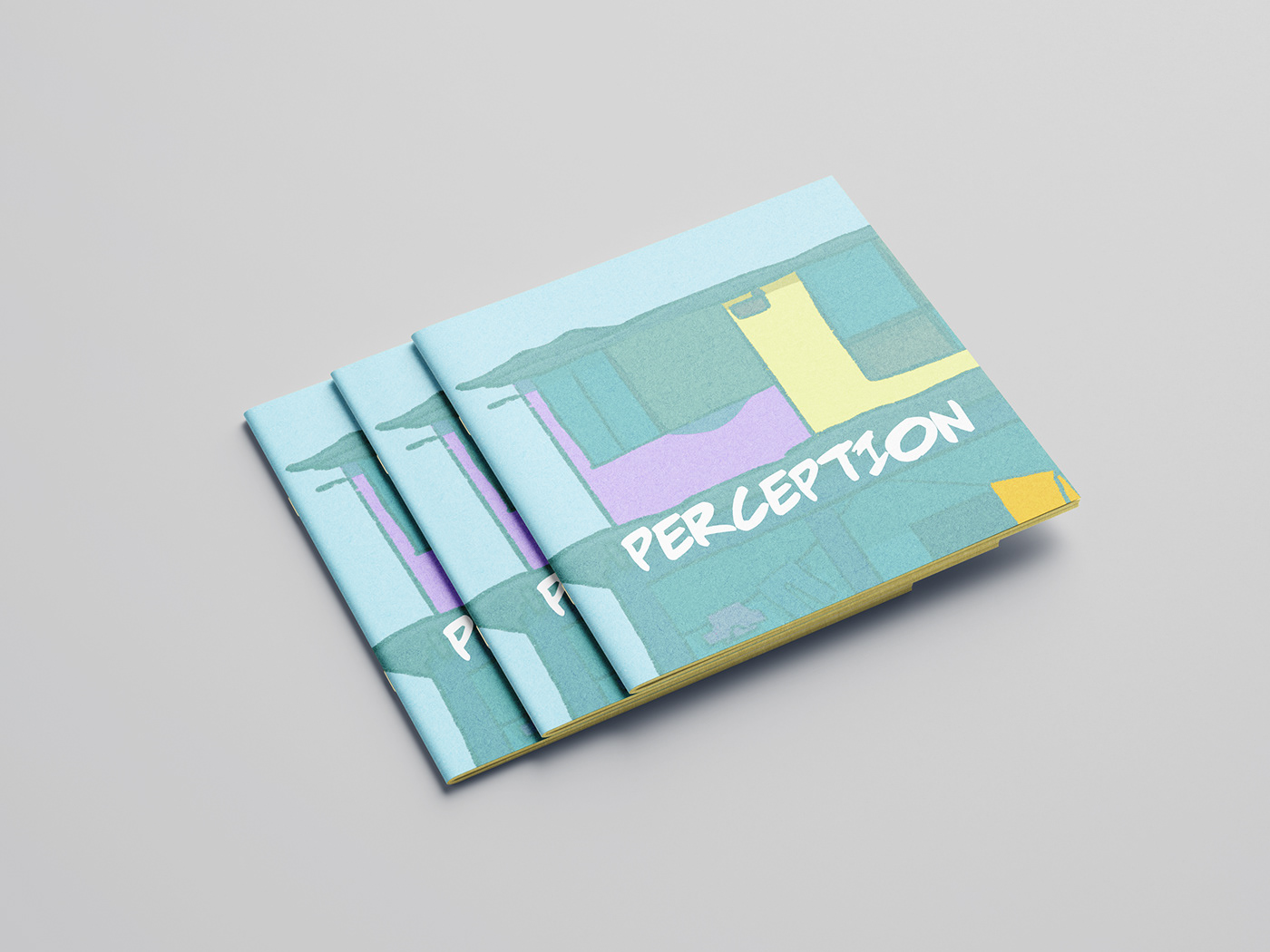Birthplace of Humankind Confirmed — What Archaeologists Discovered
Archaeological discoveries continually reshape our understanding of human origins, and recent findings have sparked renewed interest in the study of the birthplace of humankind. The examination of ancient sites has unveiled a wealth of information about our ancestors, revealing not only their physical characteristics but also their cultural practices. This article navigates through the significant … Read more







